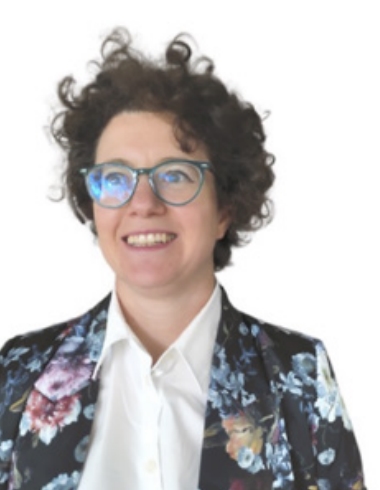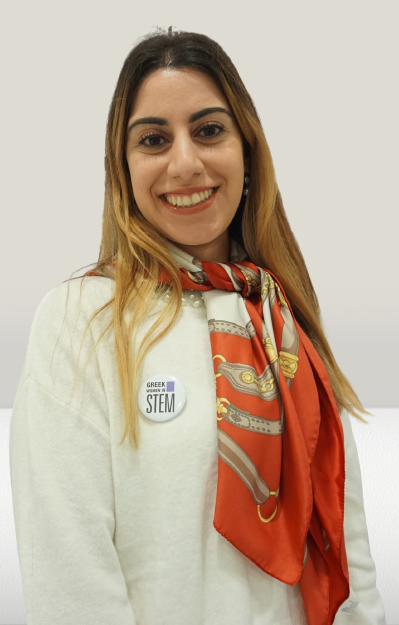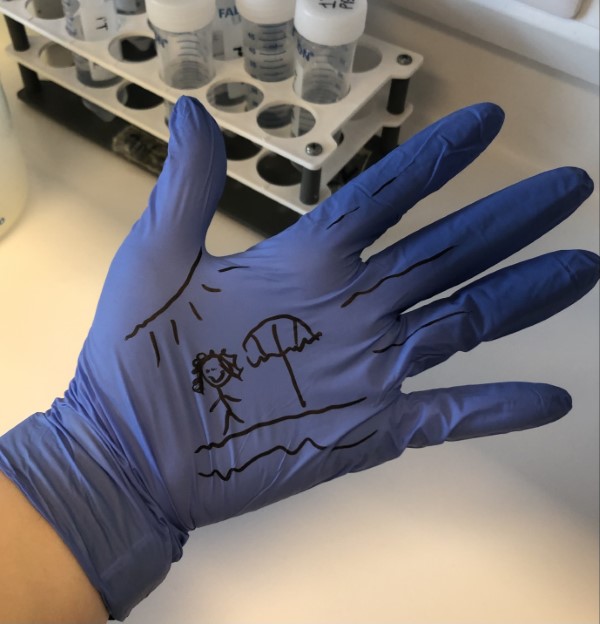News from the MCAA - Mentoring: The intangible tool to a better quality of life for scientists!
Newsletter
Scientists often get overwhelmed and forget that mentoring can promote well-being and assist them in taking more conscious career decisions.
We all know the expression “standing on the shoulders of giants”, but do we really apply it in our personal life? If we are not afraid of adding references to our articles, why do we hesitate to do the same with our life and career choices? Mentoring is a good framework for asking professional and personal questions, to gain a new perspective, and to explore possibilities guided by a more senior professional.
Universities offer a rich curriculum of courses to their students to let them become highly skilled professionals. However, there are additional factors contributing to graduates’ career development and overall well-being. For example, some students relocate to a foreign country alone, to join a very different culture, especially on the private side (Figure 1). Balancing an ambitious and time-demanding job with personal growth can take a lot of mental and emotional energy, at every career stage.

Bionote:
Greta Faccio, PhD, has studied life sciences in Varese, Italy and lived in different European countries to study and work. She holds a PhD in genetics from the University of Helsinki (Finland) where she studied enzymes to tune the texture of food. In 2012, she joined the Swiss Federal Laboratories for Materials Testing and Research and investigated the use of proteins for materials science, diagnostics, and MedTech. She is now active in the intellectual property field and as a consultant and mentor.
Bionote:
By the age of 18, Maria moved from her Home country, Cyprus, to the UK, where she obtained her B.Sc. in Biomedical Sciences and her M.Sc. in Immunology and Inflammatory diseases from the University of Manchester and the University of Glasgow, respectively. She was also employed by Q2 Solutions-Clinical Laboratory Services Provider, in Edinburgh. She is currently pursuing her PhD in Biomedical Sciences at the University of Cyprus to develop personally. Maria is very interested in science communication and outreach and is a board member of Greek Women in STEM.


Stemming from our personal experience and public initiatives, we would like to draw attention to what mentoring can offer to universities to facilitate education in an academic setting and to students, especially from STEM disciplines.
I (Greta) remember having issues with SDS PAGE during my doctoral work. All my colleagues were proactive and offered advice. That problem was clear for everyone to see. Invisible issues such as discussions on authorship or an unfriendly colleague, however, received much less attention. I did not want to be a difficult coworker in my first paid position. Gladly, a senior colleague offered some key advice while having a coffee. I (Maria), on the other hand, remember being a master student having colleagues who were more than happy to assist in designing my first experiments in the lab and then training me in using a data analysis program. I was pleasantly surprised when they offered to give me feedback on my performance and my presentation when I mentioned during a coffee chat that I had upcoming interviews for PhDs! That was the first time I came across the concept of mentoring in my career journey. Their honest advice and moral support certainly improved my self-confidence.
Studies have highlighted the concerns about STEM graduates suffering from high levels of anxiety and depression globally, especially after the COVID-19 outbreak. Laboratory work, a competitive workplace, and bullying are just a few of the reasons STEM graduates lose their inner balance. In 2018, the Department of Chemistry at the University of Minnesota launched an initiative to make graduate students both happier and more productive, to reduce stressors; that has resulted in empowering the students and in social gatherings to prevent feelings of loneliness. Similar initiatives specifically focused on women have been undertaken at the University of Washington, where they pair graduate students and postdocs with faculty mentors. Mentoring is, however, important for everyone at every stage of their career. For this reason, the Yale Postdoctoral Association at Yale University, USA, offers a Mentorship program that not only brings postdocs from the university to get to know each other, but also offers training for them to become mentors themselves.
Scientific research demands specialisation, and this often results in the formation of a social professional bubble made of colleagues and think-a-likes. When facing a problem that is not technical, it might be hard to identify who could help. It might be hard to stop, look around and identify who the giants are in our lives. Getting creative on how to establish a relationship with them is the next step. Quick options can include dropping a question via email or a formal chat via the LinkedIn platform. This can be a very good beginning for a mentoring relationship. If the situation allows a chat with physical presence is recommended to strengthen the relationship. Many academic Institutions have started to offer it as an organised service and companies have started to see mentoring as an intangible tool that can not only help to preserve and share company culture, but also help employees navigate complex internal situations and thus influence their performance.
Greta Faccio
Independent academic and founder
of Mentorforscientists.com
St. Gallen, Switzerland
greta.faccio@gmail.com
Maria Koumouri
Department of Biological Sciences
University of Cyprus
mkoumouri25@gmail.com
